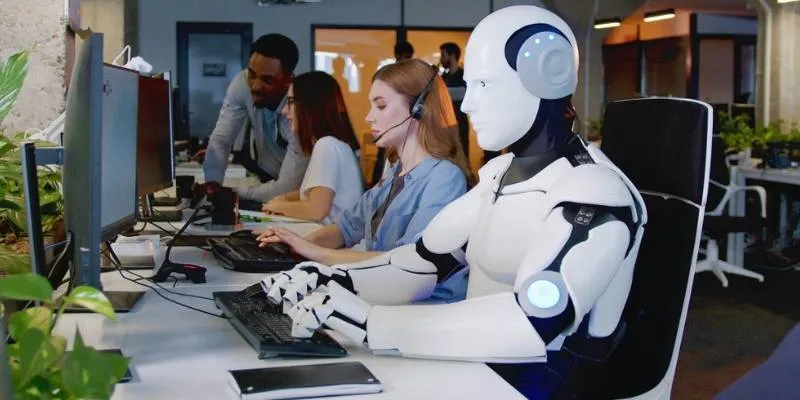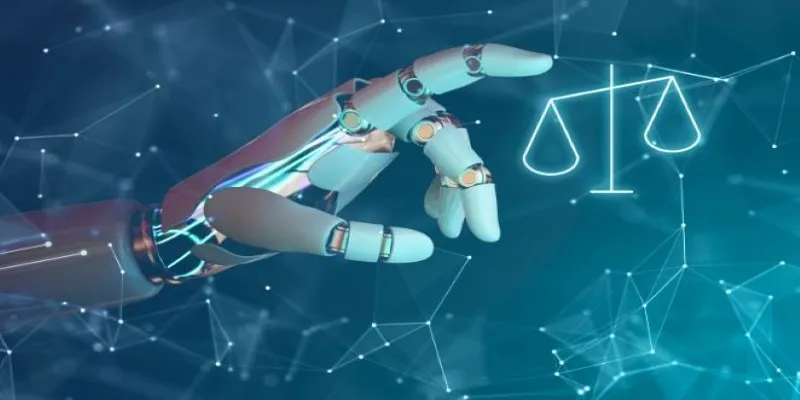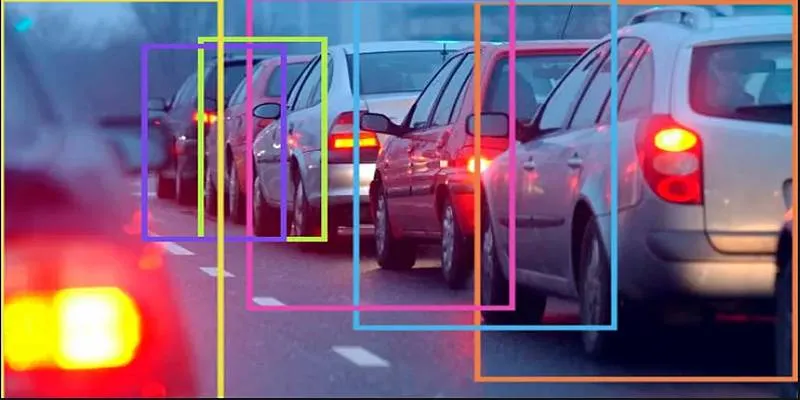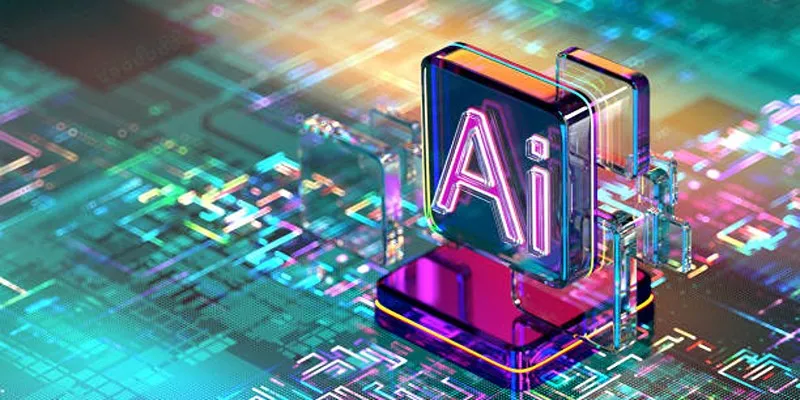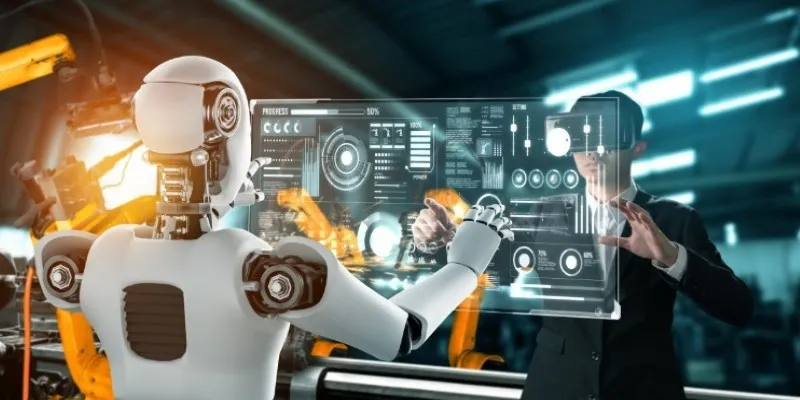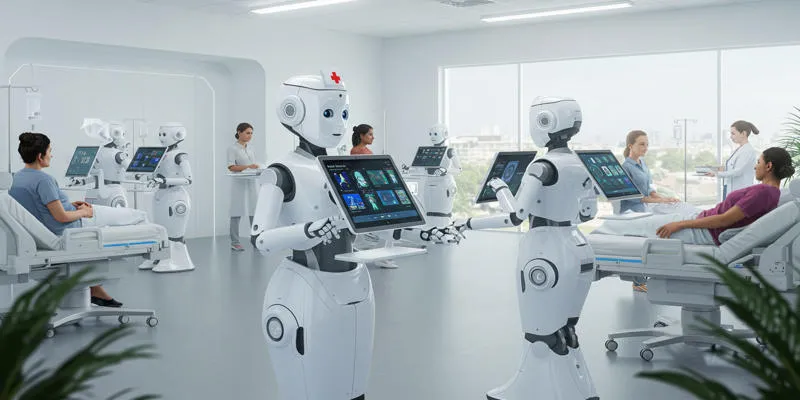Exploring beyond Earth has always captured our imagination, but space is unforgiving. Every mission faces risks, distance constraints, and the unknown. That’s why AI in space exploration is no longer just an idea — it’s a necessity. With smart machines at the helm, autonomous rovers now navigate harsh landscapes without waiting for human commands.
AI aids these rovers in gathering data, ensuring safety, and making instant decisions millions of miles away. New worlds are about more than just being smarter, safer, and faster—they require AI to be the backbone of space missions like never before.
The Role of AI in Space Exploration
AI in space exploration is transforming how we reach and study worlds beyond Earth. Space presents challenges that humans alone cannot easily manage. Harsh conditions such as powerful dust storms, extreme temperatures, and rugged terrain make distant planets like Mars difficult to explore. Additionally, communication between Earth and rovers can take several minutes or even hours, complicating quick decision-making from the ground.
This is where AI steps in. Through AI, self-driving rovers can think and move independently. They traverse hostile terrain, avoid hazards, and make intelligent decisions in real-time—all without waiting for operator input. This capability is essential for collecting samples, exploring new terrain, and conducting research safely.
However, AI in space exploration is not just about operating rovers. It’s crucial for mission planning too. AI applications help scientists analyze data, select safer landing sites, and develop effective mission plans. This results in quicker planning, reduced costs, and increased mission success rates, enabling us to unravel the secrets of space.
Autonomous Rovers: The Future of Space Missions
Autonomous rovers and mission planning are at the core of future space missions. These rovers are equipped with advanced sensors, cameras, and AI- powered software that allow them to operate independently. For example, NASA’s Perseverance rover on Mars uses AI to navigate challenging terrain, avoid hazards, and select optimal routes.

Autonomous rovers are designed not only to move but also to conduct scientific research. AI enables these machines to analyze soil, rocks, and the atmosphere without human intervention. They can identify interesting features, collect samples, and even store them for future return missions.
One significant benefit of autonomous rovers and mission planning is the ability to explore places that are dangerous or unreachable for humans. Deep craters, steep cliffs, and narrow caves can be studied without risking human life. This opens up new areas of research and provides valuable data for future human missions.
AI also enables rovers to learn from their environment. If a rover encounters unexpected obstacles, its AI system can adjust its behavior. For instance, if a path becomes blocked, the rover can find an alternative route. This flexibility makes autonomous rovers more reliable and efficient in uncertain environments.
AI and Mission Planning: A Smarter Approach
Mission planning is one of the most complex aspects of space exploration. It requires careful consideration of factors like distance, resources, risks, and scientific goals. AI has become a powerful tool in this area, making the process faster and smarter.
In traditional missions, teams of scientists and engineers spend years planning every detail. However, AI tools can process vast amounts of data much faster than humans. They can model scenarios, predict issues, and suggest solutions. This is crucial for missions to unknown locations where conditions are difficult to forecast.
AI in mission planning aids with route optimization, resource management, and risk analysis. For example, AI systems can calculate the most energy-efficient paths, monitor battery levels, and adjust plans based on changing conditions.
AI tools analyze satellite images and past mission data to identify safer, high-value landing sites. During missions, AI systems manage schedules, operate scientific instruments, and respond to emergencies, ensuring smoother operations and increasing mission success rates.
Moreover, AI-powered simulations allow scientists to test plans in virtual environments before actual missions. This helps identify weak points and refine strategies, enhancing the chances of success.
Future Prospects of AI in Space Exploration
The future of AI in space exploration looks promising. As technology advances, AI systems will become even more sophisticated, enabling more ambitious missions. Scientists are already developing new generations of autonomous rovers and mission-planning tools that will push the boundaries of what we can achieve.

AI will play a central role in future missions to the Moon, Mars, and beyond. Rovers will be more intelligent and capable of working in teams, sharing information in real-time. This will create a network of machines collaborating to explore vast areas.
AI in space exploration is not limited to planets. It is also being used for asteroid mining, deep-space travel, and searching for signs of life on distant worlds. AI-powered spacecraft may one day navigate space autonomously, making decisions about course changes, obstacle avoidance, and system management independently.
The combination of autonomous rovers and mission planning will also make long- term human presence in space more feasible. AI will support life support systems, habitat management, and communication networks in future space stations or colonies.
The development of AI in space exploration is a step toward making space travel safer, more efficient, and more affordable. It allows scientists to focus on high-level research while machines handle routine tasks and respond to emergencies.
Conclusion
AI in space exploration is shaping a smarter, safer future for space missions. With autonomous rovers and AI-driven mission planning, AI helps explore distant worlds with greater accuracy and efficiency. It enables machines to operate independently, tackle challenges, and support human goals in space. As technology progresses, AI will continue to play a vital role in exploring new planets, managing resources, and driving future space missions, bringing us closer to uncovering the unknown corners of the universe.
 zfn9
zfn9







